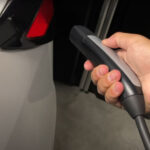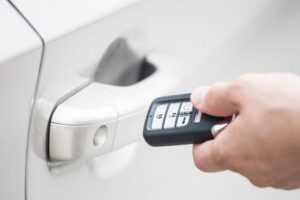I’m sure you don’t want your traffic violation to go on record. If the traffic officer gave you a fix-it ticket, grab this opportunity to correct the issue right away. Fix-it ticket – what is it, and what to do if you get one?
A fix-it ticket is associated with a simple and non-criminal traffic violation. The traffic officer gives it to those who have committed simple traffic violations such as driving with an expired registration, failing to signal when turning, and similar offenses.
You have to fix or handle the issue as soon as possible. If you don’t, authorities will charge you with more expensive fines. You can fix the problem by getting an authorized person to sign your ticket’s “Certificate of Correction” portion. Then you need to take this proof of correction to court and pay the dismissal fee before your deadline.
Read on to learn more about fix-it tickets, why they are issued, and what you need to do if you get one.
What Is a Fix-it Ticket
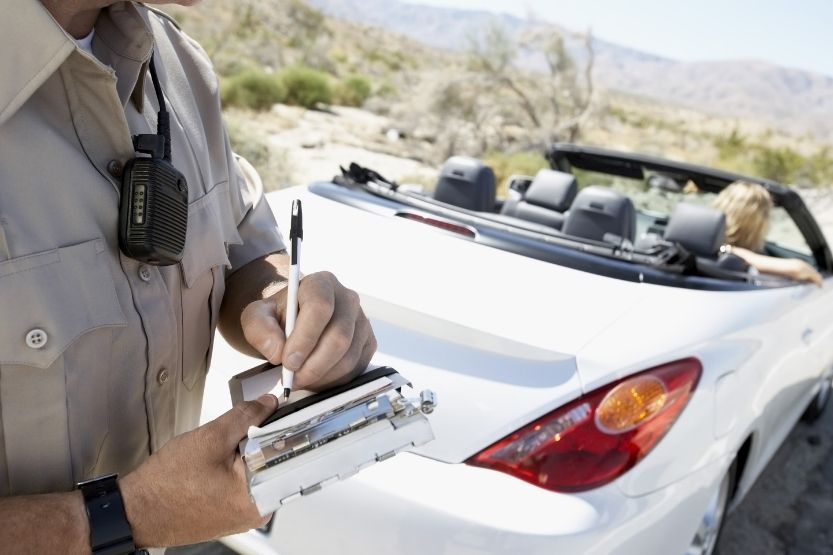
Citation When a Driver Commits a Non-criminal Traffic Violation
A fix-it ticket is a citation you will get if you have committed a simple but non-criminal traffic violation. It is usually a traffic officer who issues this ticket. If an officer catches you driving with expired vehicle registration or doesn’t make the appropriate signal before turning, the officer will have to give you a ticket.
Pay the Dismal Fee Before the Deadline
You need to fix the issue right away since failure to do so will result in fines. Then, ask an authorized person to sign the “Certificate of Correction” portion of your ticket to handle this issue. You have to pay the dismissal fee before it hits the deadline. Once paid, authorities will erase your charge.
Correctable Violations
A fix-it ticket in itself is not bad. They are issued only to those who commit non-moving violations. These violations are also called correctable violations, meaning they are easy to fix. However, don’t ignore this ticket because it can still spoil your driving record.
Violations That Could Earn Fix-it Tickets
If you are not careful in operating your vehicle, there are many simple traffic violations that you can commit, which could earn you fix-it tickets. The actual charges will depend on the location of the state where you are driving your vehicle.
Violations of this kind are usually related to the conditions of certain parts of your vehicle, its registration, and related things. The authorities consider them correctable violations. That is why they are allowing you to correct the issue to erase the charge.
It could also include violations relating to your driver’s license, such as an expired license. California considers this a correctable violation. That said, here are some of the violations that you can commit which can earn you a fix-it ticket:
1. Expired Car Registration
Carrying an expired car registration or forgetting to bring it with you is a violation that will get you a ticket.
2. Damaged Car Parts
Driving your car with a damaged part, such as a broken tail light or damaged signal light, will guarantee a ticket from the authorities.
3. Failure to Provide Proof of Vehicle Insurance
Failing to provide proof of vehicle insurance is a traffic violation.
4. Expired Driver’s License
Driving without a license or an expired one is a traffic violation for which an officer will give you a ticket.
5. Unclear or Obscure License Plate Violations
Authorities give a fix-it ticket when driving a vehicle with an unclear and obscure license plate.
6. Over the Speed Limit
Driving at less than 15 miles per hour (mph) over the speed limit will reward you with a fix-it ticket from a traffic officer.
7. Sundry Driving Violations
These include running a stop sign and the same types of offenses.
Again, what is a fix-it ticket? You will get a fix-it ticket for a simple and non-criminal traffic violation, including driving with an expired registration and failure to signal when turning, among others.
How to Deal With a Fix-it Ticket
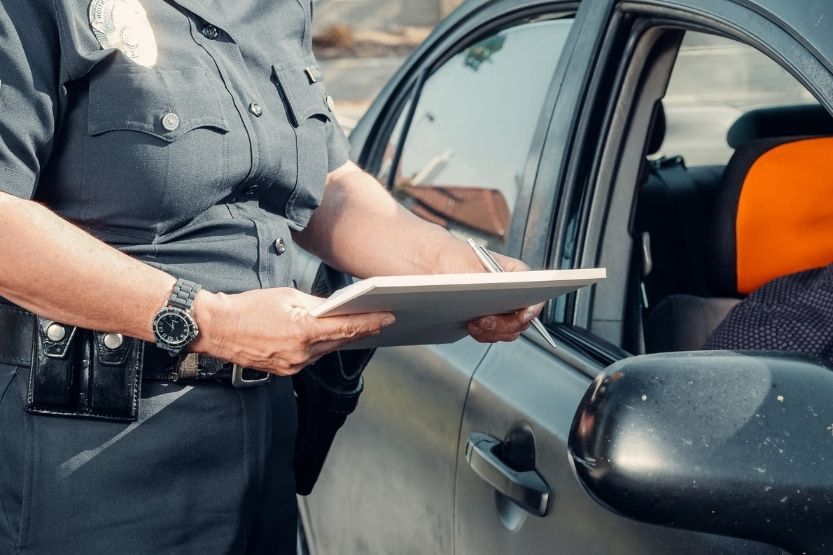
Read the Ticket or Talk to the Officer
The way of handling a fix-it ticket is a pretty straightforward process. When an officer issues you a ticket, you will know what to do once you read the ticket. Also, the traffic officer will tell you what you need to correct the problem.
Dispute the Ticket in Court
However, if you think that the officer was in error in giving you the ticket, you can dispute it in court. But be careful. Be sure that you are right and the officer is wrong before resorting to this action. You need an attorney to represent you in court. Fighting this out yourself in court will be difficult.
Have an Authorized Person Sign the Certificate
But if the issue is real, you need to fix it. You have to get an authorized person to sign the “Certificate of Correction” portion of the ticket when you fix the issue. Take this certificate to court to prove that you have already fixed the problem.
Pay the Dismissal Fee
Pay the dismissal fee so that authorities can erase your charges. Do it before the deadline for payment. After presenting proof of payment, the court will dismiss your case, and the charges will disappear from your driver’s record.
How to Handle a Fix-It Ticket
If a traffic officer issues you a fix-it ticket, and the charge is valid, you can only solve the issue if you do the following:
1. Fix or Correct the Violation
The first thing you need to do if you receive this citation is to fix the cause of the issue. Correct the specific problem as seen by the traffic officer. Whether the ticket asks you to fix your tail light, clean your license plate, or renew your vehicle’s registration, you must correct the problem.
The ticket the officer gave you will tell you how long you have to correct the problem. So take note of the date so you will not go over the deadline. Not taking note of the deadline will adversely affect your driver’s record.
2. Ask a Police Officer to Sign the Certificate of Correction
Once you fix the problem, have an officer inspect your vehicle. Then ask the police officer to sign the Certificate of Correction.
You may have to pay a fee to the police officer or the local courthouse to sign off your citation. If the local CHP is near your place, you can also ask an authority there to sign off your citation. They may do it without charging you anything.
Getting this certificate or verification of correction can vary widely depending on the violation. For instance, a licensed inspection station can sign off physical repairs in California. At the same time, if you violated a registration regulation, you have to process it in a DMV branch.
3. Submit the Signed Off Citation to the Local Court
As soon as they give you the signed off citation, bring it to your local court, particularly the Clerk’s Office. The Clerk will get your citation and charge you an administrative dismissal fee. On average, this is about $25. Your case will then be dismissed.
You can submit this certification personally in California. In Forsyth County in North Carolina, you can submit this proof electronically. That is quite convenient because you don’t have to do it personally.
4. Other Options You Can Take
When it comes to fixing a fix-it ticket, it is best to adopt measures that will help lessen your stress while trying to fix the issue. In this context, here are some of your options:
- Ask for a deferment
- Ask to mitigate the fix
- Contest a wrongfully issued ticket
Don’t Ignore Your Fix-It Ticket
You should not ignore it if you are served with a legit fix-it ticket. Remember that the ticket indicates the period you can fix the issue. In short, there is a deadline.
If you can’t fix it on time, you will get additional penalties. Authorities can also put your driver’s license on hold until you fix the issue.
If they hold your driver’s license, the DMV may suspend your privileges as a driver. This could even lead to criminal charges and attendant jail time if an officer issued the ticket due to a fake or invalid license.
Average Costs of Fix-It Tickets in the United States
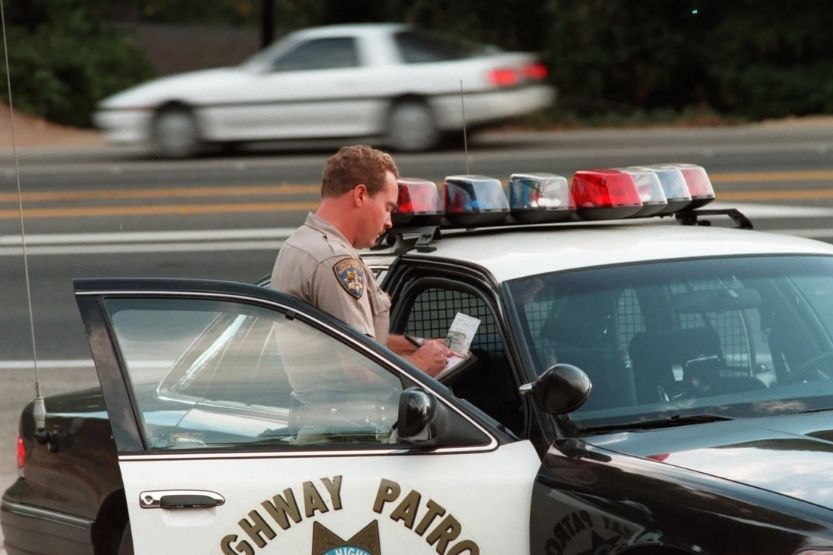
The cost of fix-it tickets varies widely in different jurisdictions in the United States. How much is a fix-it ticket? Here is the average cost of fix-it tickets in different states in the country:
1. Orange County, Southern California
The average cost of fix-it tickets in this place is around $25.
2. Los Angeles, California
If an officer issued you a fix-it ticket in LA, get ready to pay from $20 to $50. The actual amount will depend on the violation you have committed:
- License Plate Modification: $50 for modifying your car’s license plate, plus jail time.
- Broken tail light: $20
- Lack of Child Passenger Restraining Unit: $35, plus child car seat cost.
3. San Francisco, California
In San Francisco, CA, you have to pay $25 for driver’s license violations. The local DMV should sign off the citation.
4. Alabama
Fix-it tickets in this place vary according to the actual violation:
- Improper or no rearview mirror: $20.
- Illegal passing of another vehicle: $20.
- Improper mufflers, it is $10.
- Improper passing on a motorcycle: $20
5. Missouri
On average, fix-it tickets in this place cost $35. Don’t contest the citation because they will likely slap you with a larger fine unless you prove that you did not do anything wrong.
Conclusion: Fix-it Ticket
A traffic officer will issue a fix-it ticket if you have committed a simple and non-criminal traffic violation, such as failing to signal when turning, driving a vehicle with an expired registration, and other equal level traffic infractions.
Do what you need to fix the issue, then ask an authorized person to sign the “Certificate of Correction.” Then you need to bring this proof of correction to the court and pay the dismissal fee before the deadline. If you ignore this ticket, authorities can impose a more severe penalty.
Read next:
Is It Legal to Sleep in Your Car in a Neighborhood?





